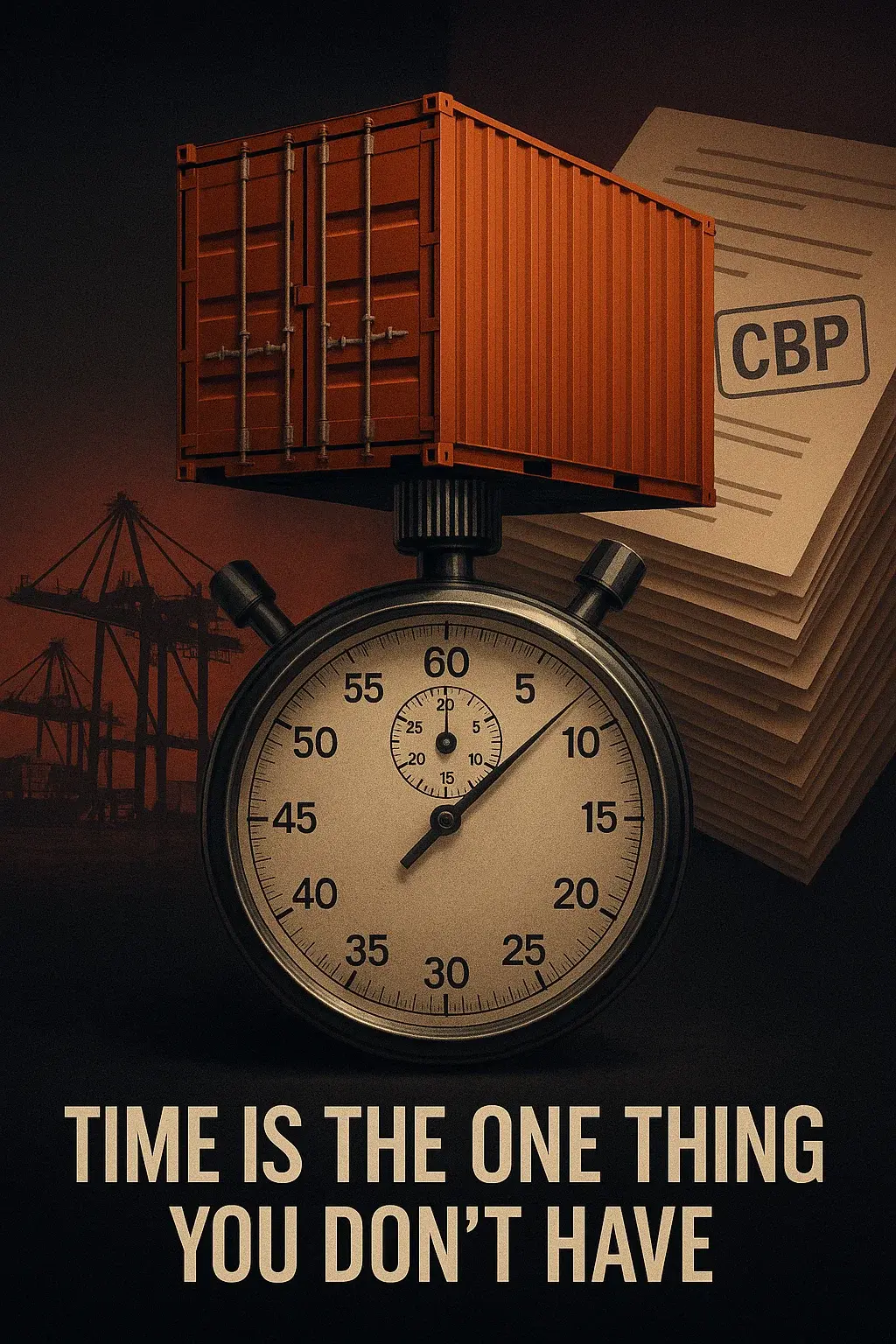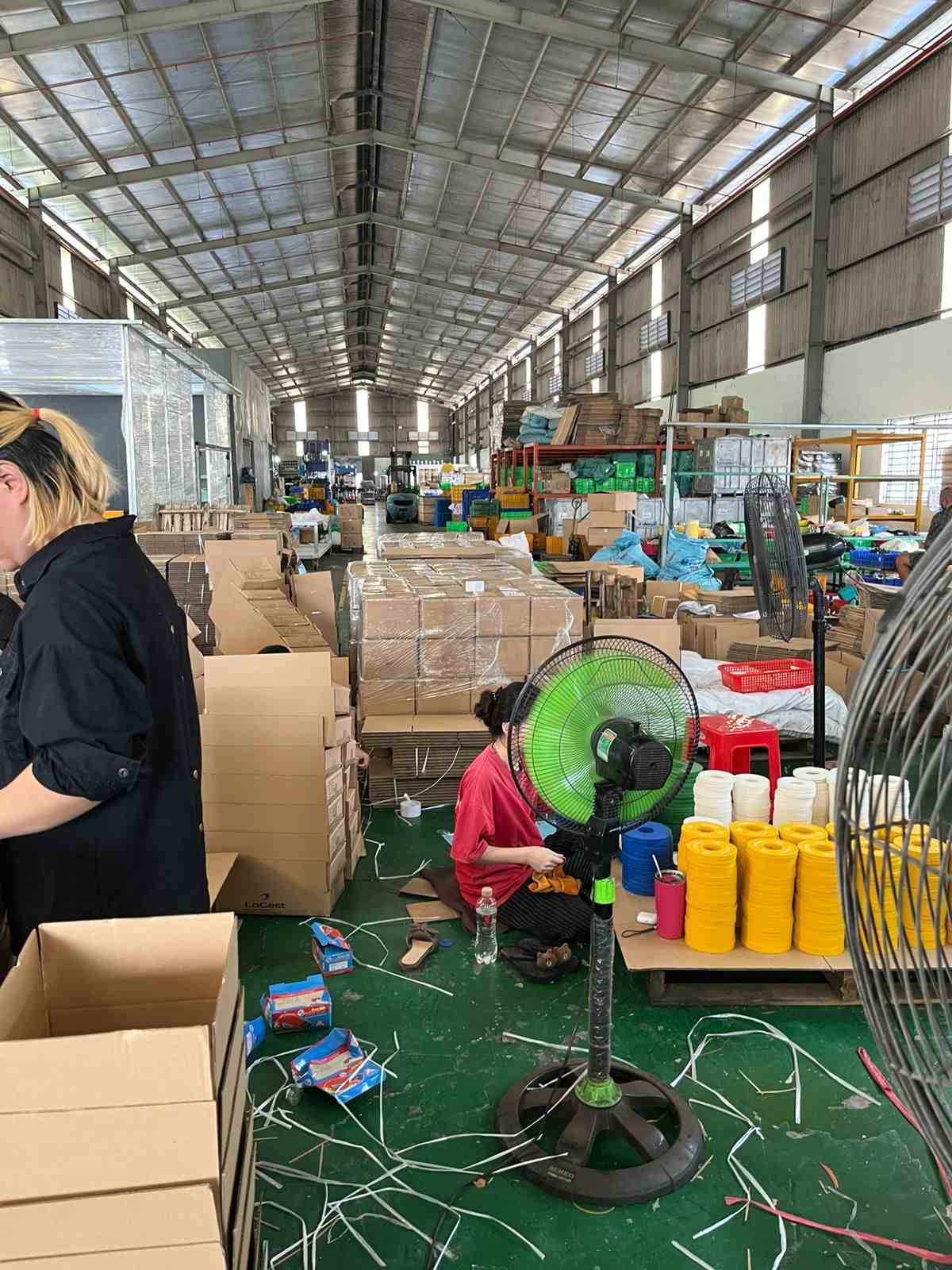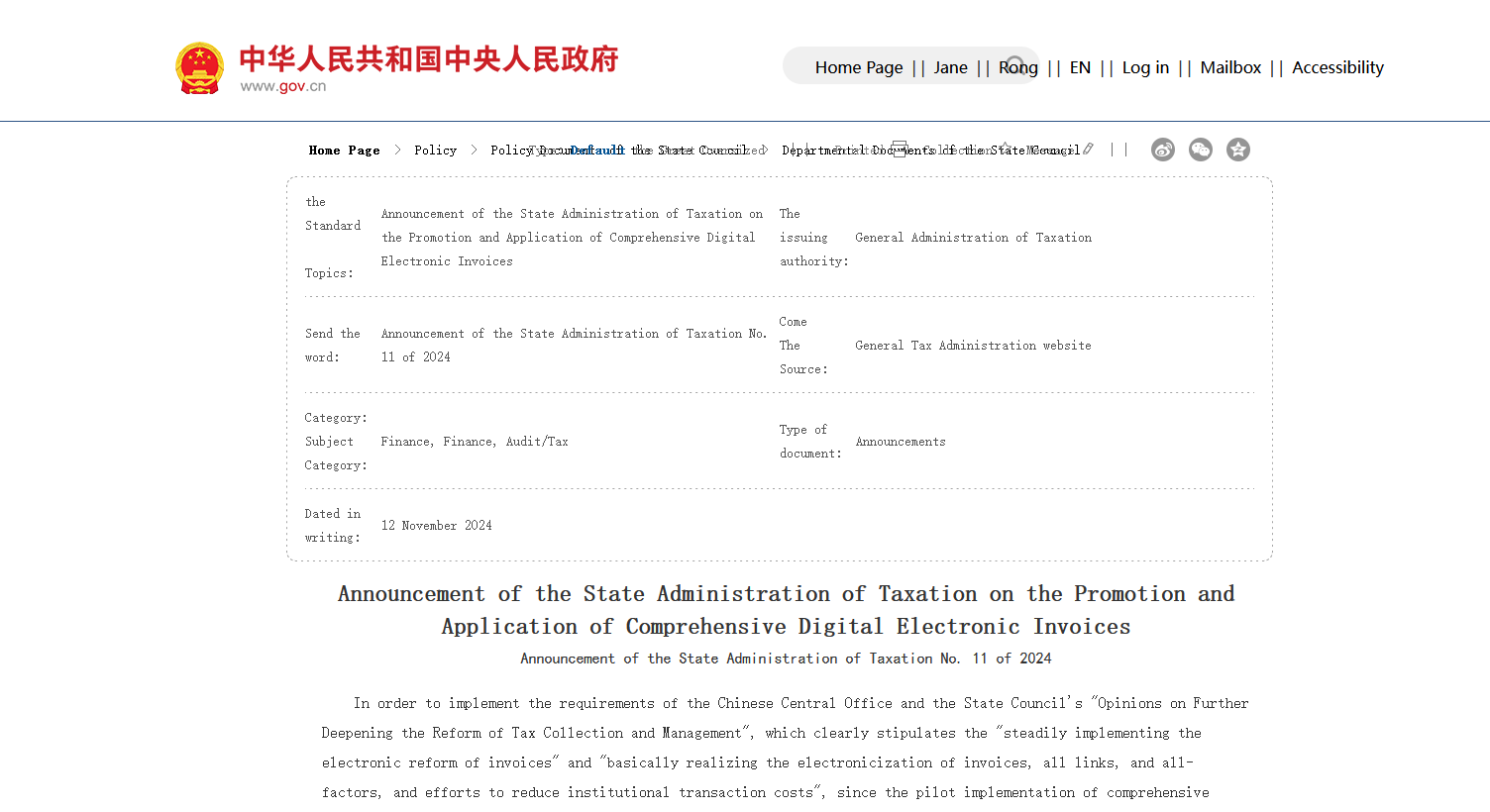What To Do When CBP Audits Your Shipment
When U.S. Customs and Border Protection (CBP) initiates an audit, most importers are caught off guard. It doesn’t matter if you’re bringing in apparel from Vietnam, electronics from China, or furniture from Indonesia — when a CF-28, CF-29, detention notice, or audit letter lands in your inbox, the countdown begins.
An audit is not a routine request. It’s a legal test. CBP is asking you to prove that you exercised “reasonable care” when declaring your product’s classification, value, and country of origin. If you can’t provide credible documentation, CBP has wide authority to impose penalties, reclassify your imports, demand retroactive duties, and in some cases, seize or exclude your shipments.
The stakes are higher than ever. With tariffs on Chinese goods, trans-shipment suspicions in Vietnam, and strict enforcement of laws like the Uyghur Forced Labor Prevention Act (UFLPA), CBP has shifted into aggressive audit mode. Many importers assume their supplier’s word is enough — it isn’t. CBP wants evidence, not promises.
Understanding the Notices
- CF-28 (Request for Information): CBP wants clarification on your entry. It’s a warning shot. If you respond with solid documentation, the case may end here. If you respond poorly, you’ll likely face a CF-29.
- CF-29 (Notice of Action): CBP has made a determination. This could mean they are changing your product classification, raising your duty rate, or rejecting your country-of-origin claim. If you disagree, you must present strong evidence fast.
- Detention Notice: Your shipment is physically held at port. Release only comes when you provide documents proving legal import. Without proof, goods may be excluded or destroyed.
- Audit Letter: A broader review of your past imports, often covering multiple shipments or years. These are serious and often involve penalty exposure.
What’s at Risk
- Penalties and Retroactive Duties: CBP can impose fines up to the value of the goods. They can also reclassify your imports and apply higher duties retroactively.
- Delays and Market Loss: Detained goods mean missed delivery windows. For consumer brands, that means empty shelves, lost sales, and damaged retailer relationships.
- Customs Blacklist: Once flagged, future shipments face heightened scrutiny. Importers can end up on a “watch list” that slows every transaction.
- Loss of Market Access: In extreme cases, CBP can exclude an importer’s shipments from entry into the U.S.
The Current Situation
CBP is under intense political and public pressure to tighten enforcement on imports from Asia.
- China: Heavy tariffs remain in place, and CBP is aggressively screening for under-valuation, tariff evasion, and AD/CVD (anti-dumping and countervailing duty) violations.
- Vietnam: Roughly 40% of Vietnam’s exports to the U.S. are suspected of being Chinese trans-shipments. This has made Vietnam a high-risk country for audits.
- UFLPA Enforcement: Any product potentially tied to Xinjiang-origin cotton, polysilicon, or other raw materials is at high risk of detention unless ironclad documentation proves otherwise.
- Trade Politics: Every headline about tariffs, military parades, or new alliances in Asia translates into stricter customs oversight. Importers cannot afford to be casual.
First Steps When You Receive a CBP Notice
- Read the Notice Carefully. Understand exactly what CBP is asking. Each form has different implications.
- Check the Deadline. Most responses are due within 30 days — but the clock starts immediately.
- Secure Your Documents. Gather invoices, contracts, production records, wire transfers, packing lists, bills of lading, and certificates of origin. They must all align.
- Contact Your Supplier Immediately. Demand production records, not verbal assurances.
- Prepare a Legal Narrative. You must show that you acted with reasonable care in classification, valuation, and origin declaration.
Common Mistakes Importers Make
- Scrambling at the last minute. Time runs out while documents are still being collected.
- Relying on supplier promises. CBP doesn’t accept “our supplier confirmed.” They want evidence.
- Incomplete or inconsistent responses. A sloppy file increases suspicion.
- Failing to act. Hoping CBP will forget or forgive is the worst mistake. Silence equals admission.
Asia Agent’s CBP Audit Response Service
Asia Agent is on the ground in China and Vietnam. When CBP demands proof, we go straight to the source to secure it.
- On-Site Evidence Gathering — Factory visits within days to collect production, shipping, and payment records.
- Supplier Affidavits & Retroactive Contracts — Drafted and secured with legal backing to establish classification, valuation, and origin.
- Classification & Valuation Review — HTS code checks, ruling research, and reconciliation of invoices, purchase orders, and wire transfers.
- Origin & AD/CVD Verification — Substantial transformation analysis, DOC scope screening, and country-of-origin memos.
- Lawyer-Backed Narrative — Files prepared with local counsel, designed to prove reasonable care and mitigate penalties.
This is not a remote desk review. It’s immediate, boots-on-the-ground action.
Q&A: CBP Audits and Importer Risks
Q: What triggers a CBP audit?
A: Suspicious documentation, sudden duty changes, red-flagged suppliers, or random enforcement sweeps.
Q: What is the difference between a CF-28 and CF-29?
A: CF-28 asks questions; CF-29 declares CBP’s decision. A weak CF-28 response almost always leads to a CF-29.
Q: How long do I have to respond to CBP?
A: Typically 30 days, sometimes less. Extensions are possible but not guaranteed.
Q: What happens if I ignore the notice?
A: CBP will assume you cannot defend your declaration. Expect penalties, retroactive duties, and possible seizure.
Q: Can my supplier handle the response?
A: No. CBP holds the importer of record accountable. Supplier documents help, but responsibility is yours.
Q: How much can penalties cost?
A: They range from minor fines to millions of dollars, often tied to the value of the shipment or multiples of unpaid duties.
Q: What kind of documents does CBP expect?
A: Invoices, contracts, wire transfers, packing lists, BLs, origin certificates, production records, and affidavits.
Q: What if my documents don’t match?
A: Inconsistencies are a red flag. CBP may assume fraud unless you can explain discrepancies.
Q: What if my supplier refuses to cooperate?
A: Asia Agent can escalate, secure affidavits, or build alternate evidence. Supplier refusal is itself evidence CBP considers.
Q: How do I prove country of origin?
A: With a COO determination memo, production flow documentation, and substantial transformation analysis.
Q: What if my shipment is detained under UFLPA?
A: You must provide full traceability of raw materials. Without it, CBP will presume forced labor and block entry.
Q: Can I fix classification errors after entry?
A: Yes, through a post-entry correction or reconciliation — but during an audit, you must justify past choices.
Q: What are assists, and why do they matter?
A: Assists are materials, tools, or royalties provided free or at reduced cost. If undeclared, CBP may raise your valuation.
Q: How do I prepare for future audits?
A: Keep a compliance file ready: classification memos, valuation worksheets, origin affidavits, and customs contracts.
Q: Is Vietnam safer than China for audits?
A: Not necessarily. Vietnam is under scrutiny for trans-shipment. Many audits today target Vietnam precisely because of suspected Chinese inputs.
Q: What role do lawyers play?
A: A legal narrative strengthens your case and shows CBP you exercised reasonable care.
Q: Can Asia Agent respond to an audit outside Vietnam or China?
A: Yes. While we specialize in Asia, we can support audits with supplier evidence wherever production occurs.
Q: How fast can Asia Agent act?
A: Teams can be on-site within 1–3 days in Vietnam and China. That speed is critical for CBP deadlines.
Q: What is the Customs Rule in audits?
A: No Customs Readiness, No ETD. Shipments don’t move until customs compliance is proven. The same rule applies in audits: no proof, no clearance.
Conclusion
A CBP audit is not a routine check — it’s a legal challenge with your business on the line. The risks are steep: penalties, retroactive duties, delays, and loss of market access.
The only defense is evidence, fast. That means production records, contracts, payment trails, and legal memos, gathered and presented before the deadline.
Asia Agent specializes in exactly this response. With teams on the ground in China and Vietnam, we deliver the documents, affidavits, and legal backing CBP requires — on time and in full.
Contact Asia Agent immediately if you’ve received a CBP notice — time is the one thing you don’t have.




